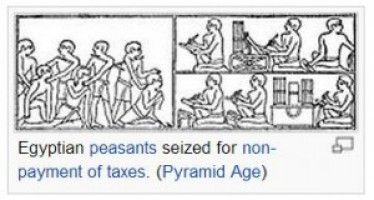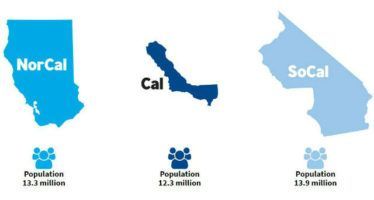Poor cap-and-trade revenues batter bullet train budget

In yet another blow to California’s besieged bullet train, revenues from this year’s cap-and-trade carbon credit auction fell drastically below the state’s goals, triggering a selloff that left analysts unsure of the system’s long-term viability.
“The results of last week’s quarterly auction were posted and revealed that instead of the $500-plus million expected from the sale of state-owned allowances, the state will get only about $10 million, less than 2 percent,” the Sacramento Bee reported.
“The poor results confirmed reports circulating in financial circles that the cap-and-trade program has begun to stumble. February’s auction resulted in some allowances being left unsold — the first time that had happened. Afterward, there was a brisk trade in the secondary market as speculators began dumping their holdings due to uncertainty about the future of the program, which may expire in 2020.”
Officials and activists swiftly sought to downplay the damage. “Over the long-term allowances will be needed, and so the allowances that will be offered through the auction will need to be purchased,” said Ross Brown of the Legislative Analyst’s Office. “But in the short-term it’s hard to know and it depends on the underlying supply and demand.” From an environmentalist standpoint, meanwhile, “it’s important to remember that […] it’s the declining cap — not the price or number of allowances sold at auction — that drives emissions reductions,” wrote Alex Jackson at the National Resources Defense Council. “That is the purpose of the program, not raising revenue.” But with 2020 looming, Jackson allowed, the one-two punch against high-speed rail and cap-and-trade have cast doubt on California’s strategy of fusing infrastructure and environmentalism into a single economic policy.
Case and controversy
Adding to the upheaval, the carbon credit regime itself has wound up in court, as the state Chamber of Commerce pushes to prove that the legislation authorizing its creation — AB32 — has run afoul of the state constitution. “Propositions 13 and 26 require a two-thirds majority for the Legislature to approve new or higher taxes and fees,” as Hoover Institution fellow Carson Bruno wrote at the Bee. “Whether or not AB32, which barely passed in 2006, is unconstitutional depends on whether the cap-and-trade revenues constitute either a tax or a fee. These auction revenues fit the definition of both a tax and fee. They are imposed by a government entity, spent on government activities and are collected in exchange for a transaction — in this case a permit to emit greenhouse gases.”
Officials have countered that argument in court. “The state contends the fees are not taxes, but a consequence of regulations,” as the Times noted. But a judge hearing arguments “recently asked a series of questions that perhaps fueled speculation that he might rule in favor of the suit,” according to the paper.
The governor’s gambit
Flexing his considerable political skill and discipline to balance competing interests to his ideological left, Gov. Jerry Brown had labored to ensure that cap-and-trade funds could be leveraged to make the train a viable public and private sector investment. That presumed a degree of stability in revenues that now can’t be relied on. “The rail authority had been expecting about $150 million,” the Los Angeles Times observed; now, it will receive just $2.5 million. “Whatever prompted the lack of buyers, the auction is a stark example of the uncertainty and risk of relying on actively-traded carbon credits to build the bullet train, a problem highlighted in recent legislative testimony by the Legislative Analyst’s Office and a peer-review panel for the $64-billion high-speed rail.”
Brown had hedged against just such an eventuality, however. State finance spokesman H.D. Palmer “noted that there is a $500-million reserve set up in anticipation of volatility that could help close the gap,” the Times added. But Brown will have to clear the emergency expenditure in Sacramento, where some liberal lawmakers, hoping to channel more money to environmental policy, could try to nix the scheme by aligning with Republicans long bent on scrapping the train.
Related Articles
AB2170 could boost local taxes
A majority of Californians would rather have lower taxes and fewer government services than higher taxes and more government
Gas leak ruling provides secrecy and legal defense to SoCal Gas
Government officials have ordered the Southern California Gas Co. to shut down its leaky Aliso Canyon well, yet the ruling is
Plan to split California into three states makes it onto November ballot
A plan to split up California into three separate states has gathered enough signatures to qualify for the November ballot,




